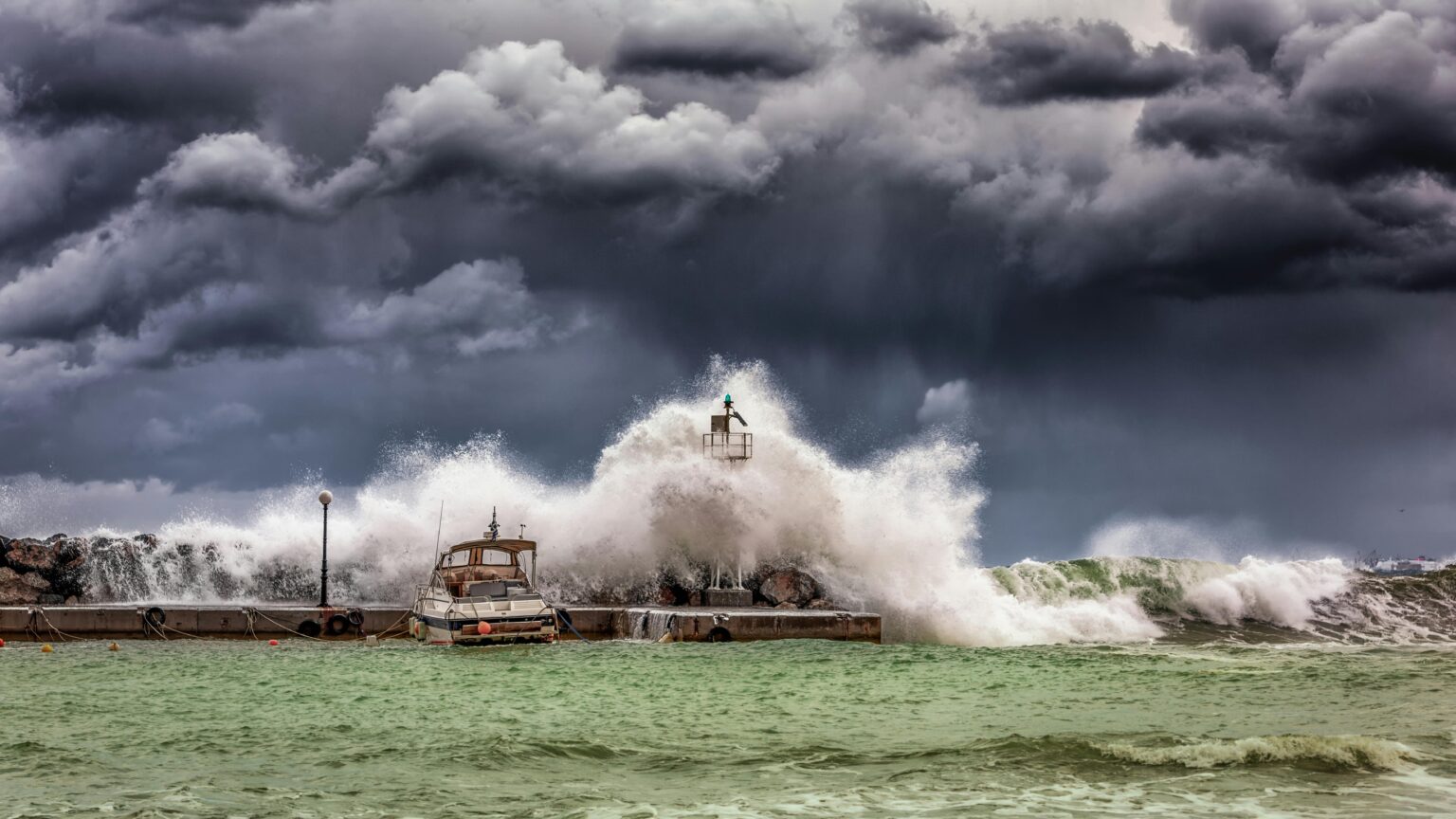How Can Attorneys For Hurricane Insurance Help You?
Introduction:
Hurricanes, powerful and destructive natural disasters, pose significant risks to individuals, businesses, and communities. The financial aftermath of a hurricane can be devastating, making it crucial to have adequate insurance coverage in place. This article explores the intricacies of hurricane insurance, shedding light on the types of coverage available, key considerations when purchasing a policy, and tips for navigating the claims process.
I. Types of Hurricane Insurance:
- Homeowners Insurance: a. Wind Damage: Most standard homeowners insurance policies cover wind damage caused by hurricanes. However, it’s essential to review the policy limits and ensure they adequately reflect the replacement cost of the property. b. Flood Insurance: Traditional homeowners insurance typically does not cover flood damage. A separate flood insurance policy from the National Flood Insurance Program (NFIP) or a private insurer is necessary for protection against flooding, a common consequence of hurricanes.
- Windstorm Insurance: a. Standalone Policies: In some regions prone to hurricanes, insurers offer standalone windstorm insurance policies. These policies specifically cover damages caused by high winds associated with hurricanes, complementing standard homeowners insurance.
- Business Interruption Insurance: a. Coverage for Lost Income: Businesses affected by hurricanes may experience interruptions in operations, leading to lost income. Business interruption insurance can provide coverage for these financial losses, helping the business recover and resume normal operations.
II. Key Considerations When Purchasing Hurricane Insurance:
- Geographic Considerations: a. Risk Assessment: Evaluate the hurricane risk in your geographical area. Coastal regions are more susceptible to hurricanes, and insurance needs may vary based on the proximity to the coastline.
- Policy Limits: a. Accurate Valuation: Ensure that the policy limits accurately reflect the replacement cost of your property. Underinsuring can lead to financial hardships in the event of a hurricane.
- Deductibles: a. Percentage or Flat Deductibles: Understand the deductible structure of your policy. Some hurricane insurance policies have percentage-based deductibles, which means the deductible is a percentage of the insured value rather than a flat amount.
- Additional Coverage Options: a. Extended Replacement Cost: Consider additional coverage options such as extended replacement cost, which provides coverage beyond the policy limit to account for increased construction costs after a widespread disaster.
III. Tips for Navigating the Claims Process:
- Documenting Property and Possessions: a. Inventory: Maintain a detailed inventory of your property and possessions. Photographs, receipts, and detailed lists can expedite the claims process and ensure fair compensation for losses.
- Prompt Reporting: a. Timely Notification: Report damages promptly to your insurance provider. Delaying the claims process can lead to complications and potential denial of coverage.
- Work with Professionals: a. Contractors and Adjusters: Engage reputable contractors and insurance adjusters to assess and document damages. Their expertise can strengthen your claim and ensure a fair resolution.
A. Geography and Vulnerability:
- Coastal Areas: Regions prone to hurricanes face heightened risks.
- Historical Data: Analyzing past hurricane patterns aids in risk assessment.
B. Economic Impact:
- Property Damage: Hurricanes can result in extensive damage to homes and businesses.
- Business Interruption: Loss of income due to disruptions affects economic stability.
II. The Importance of Hurricane Insurance:
A. Financial Protection:
- Property Coverage: Protecting homes and businesses from structural damage.
- Content Coverage: Safeguarding personal belongings and business assets.
B. Liability Protection:
- Personal Liability: Coverage for injuries or damages on the insured property.
- Business Liability: Protection against third-party claims related to the hurricane.
III. Components of Hurricane Insurance:
A. Windstorm Coverage:
- Core Component: Protection against damage caused by hurricane-force winds.
- Special Considerations: Some policies may exclude certain wind-related damages.
B. Flood Insurance:
- Separate Policy: Traditional policies often exclude flood damage.
- National Flood Insurance Program (NFIP): Government-backed coverage for flood-related losses.
C. Additional Living Expenses (ALE):
- Temporary Housing: Coverage for living expenses if the insured property is uninhabitable.
- Coverage Limits: Understanding the scope and limitations of ALE benefits.
IV. Types of Hurricane Insurance Policies:
A. Homeowners Insurance:
- Standard Coverage: Basic protection for property and belongings.
- Endorsements: Additional coverage options to customize policies.
B. Commercial Property Insurance:
- Business Interruption Coverage: Safeguarding against income loss during downtime.
- Inventory and Equipment Coverage: Protection for business assets.
C. Windstorm Insurance:
- Specialty Policies: Tailored coverage for wind-related damages.
- Deductibles: Understanding the cost-sharing aspect in windstorm policies.
V. Considerations for Individuals:
A. Policy Limits:
- Adequate Coverage: Ensuring the policy covers the full value of the property.
- Rebuilding Costs: Accounting for potential increases in construction costs.
B. Deductibles:
- Percentage vs. Fixed Amount: Understanding the implications of different deductible structures.
- Affordability: Balancing premium costs and out-of-pocket expenses.
VI. Considerations for Businesses:
A. Risk Management Strategies:
- Emergency Preparedness: Establishing plans to minimize potential damages.
- Business Continuity Planning: Ensuring operations can resume promptly after a hurricane.
B. Comprehensive Coverage:
- Assessing Vulnerabilities: Identifying specific risks unique to the business.
- Specialized Policies: Exploring industry-specific coverage options.
Conclusion:
Hurricane insurance is a critical component of financial preparedness in regions prone to these natural disasters. Understanding the types of coverage available, key considerations when purchasing a policy, and tips for navigating the claims process empowers individuals and businesses to safeguard their assets and recover effectively after a hurricane. By making informed decisions and investing in comprehensive coverage, individuals can mitigate the financial impact of hurricanes and rebuild their lives with greater resilience.
